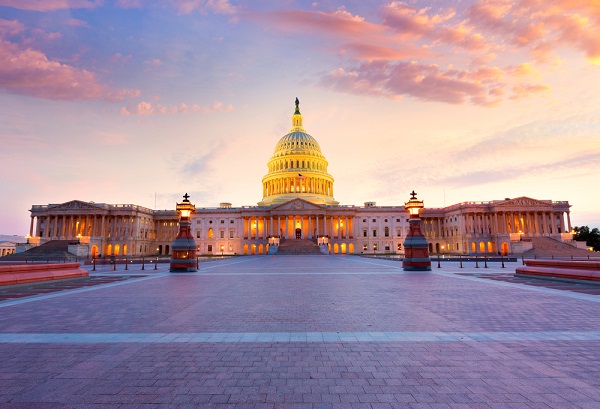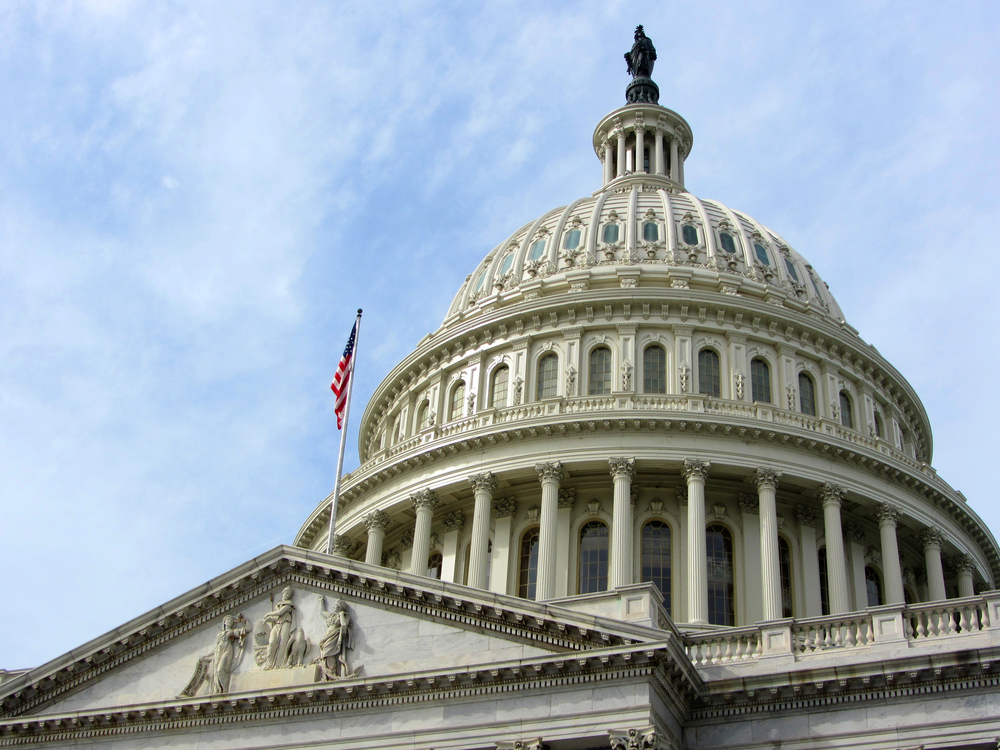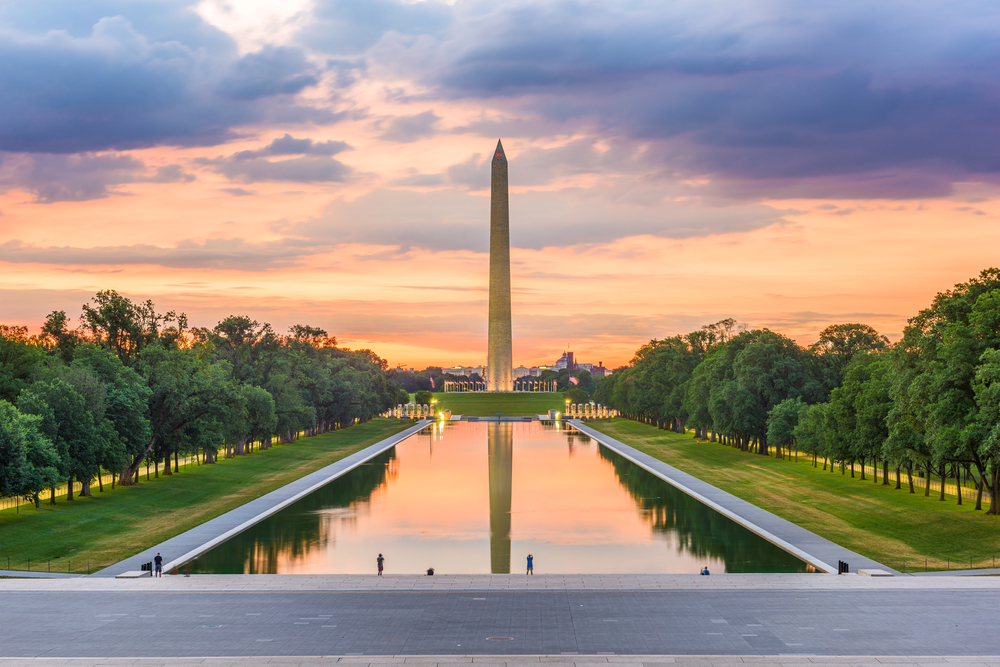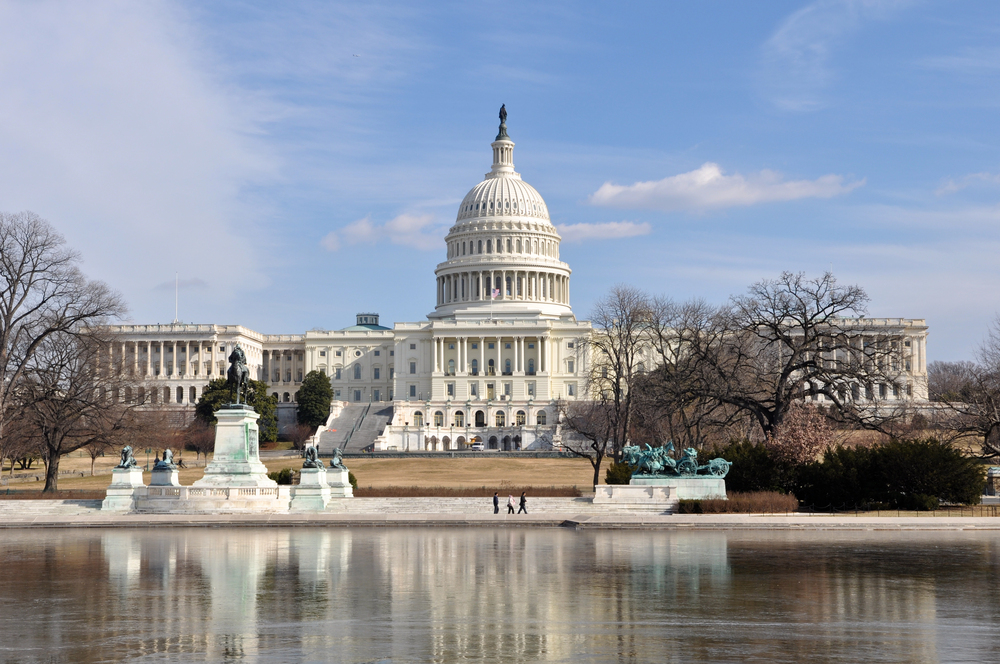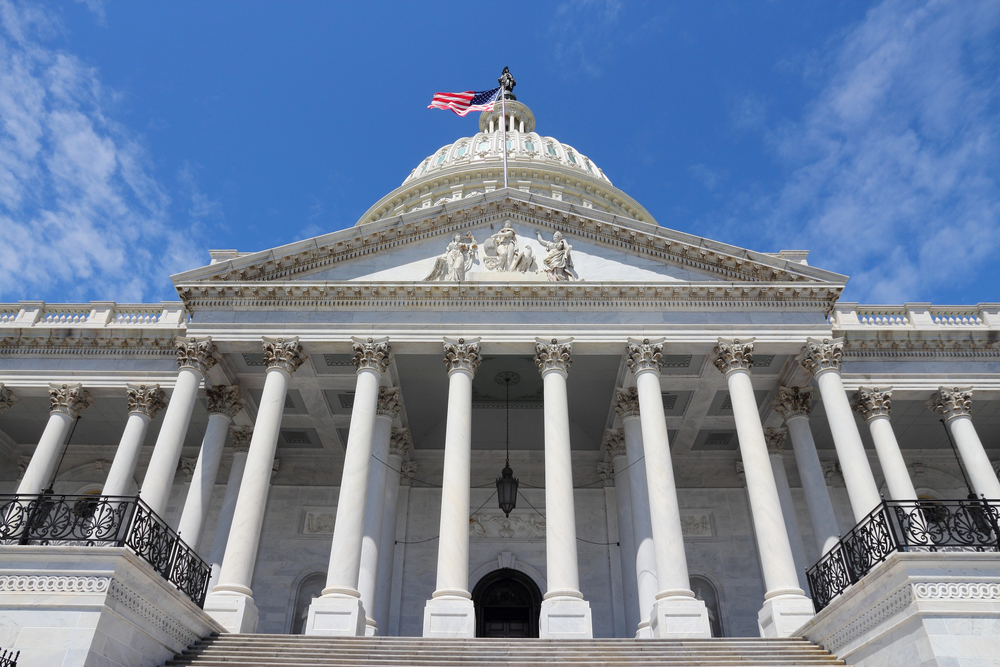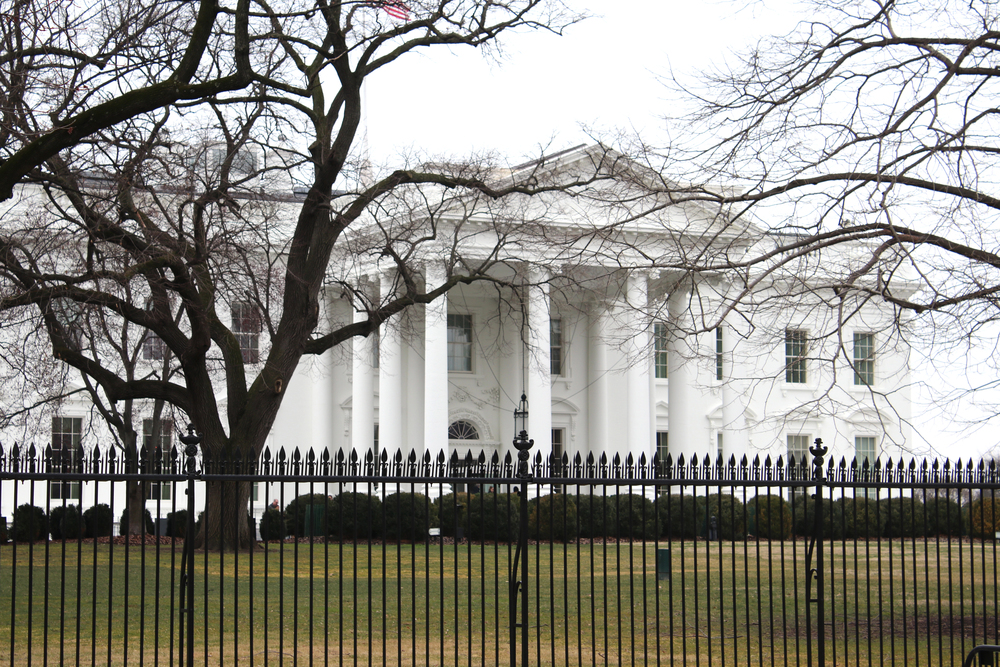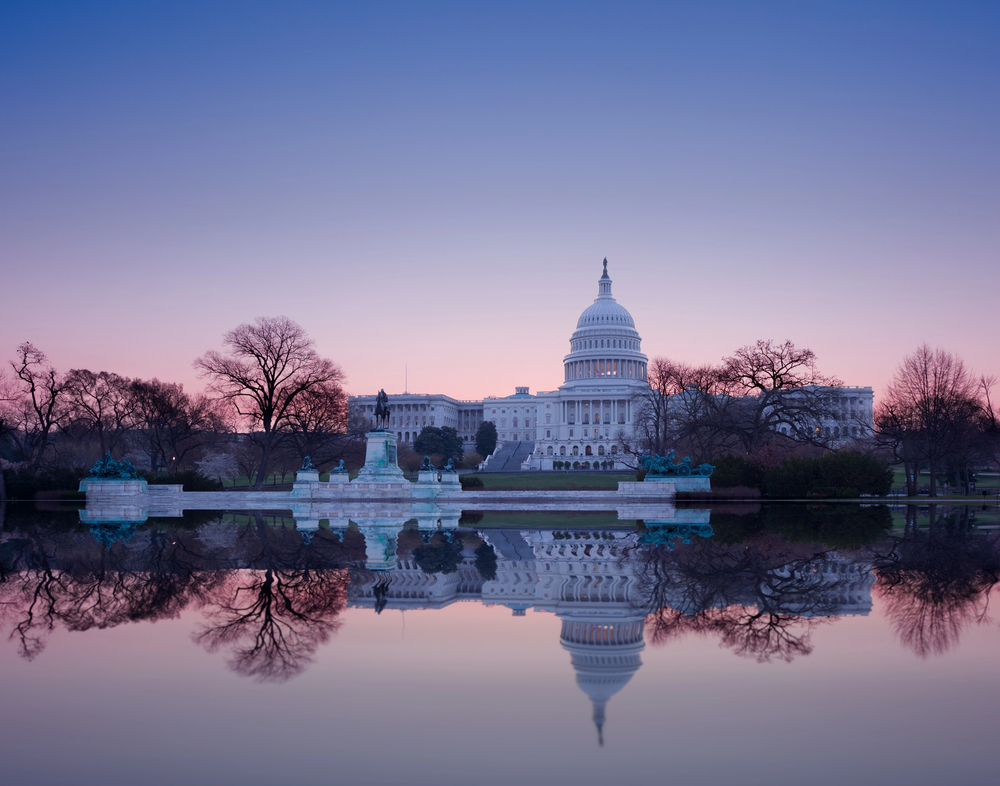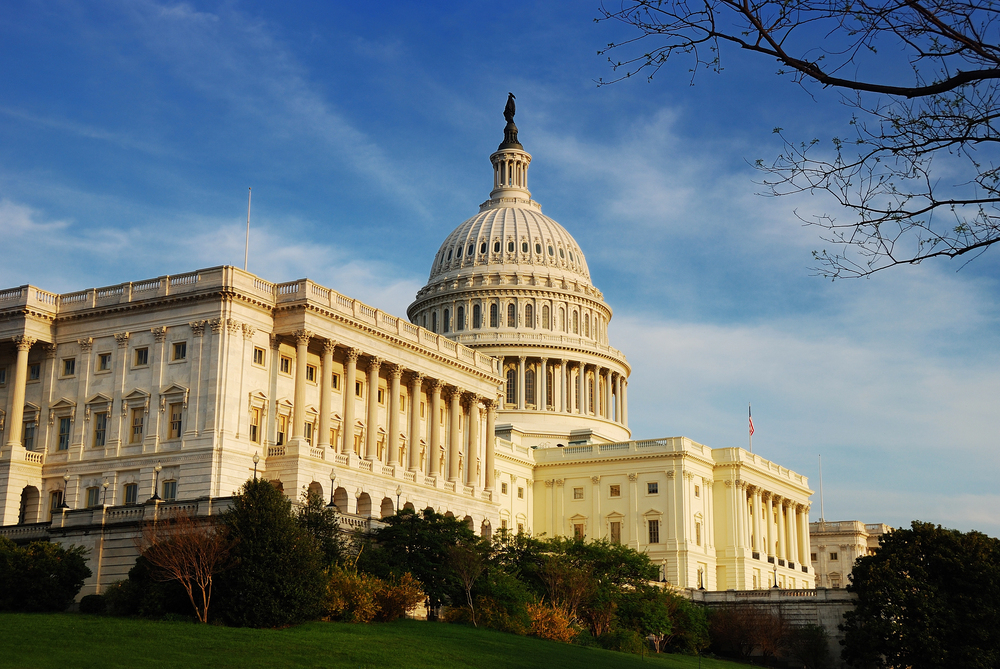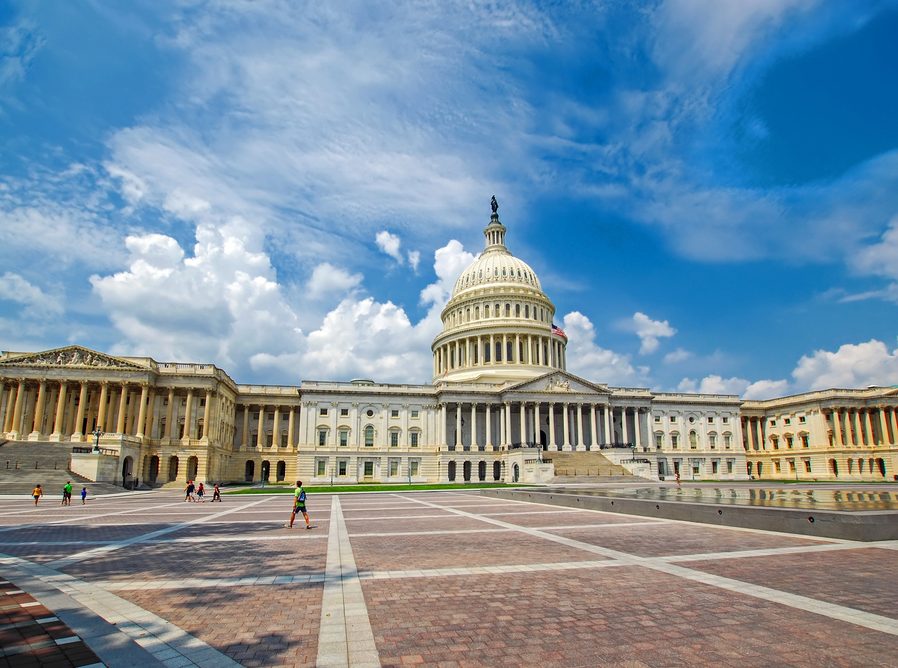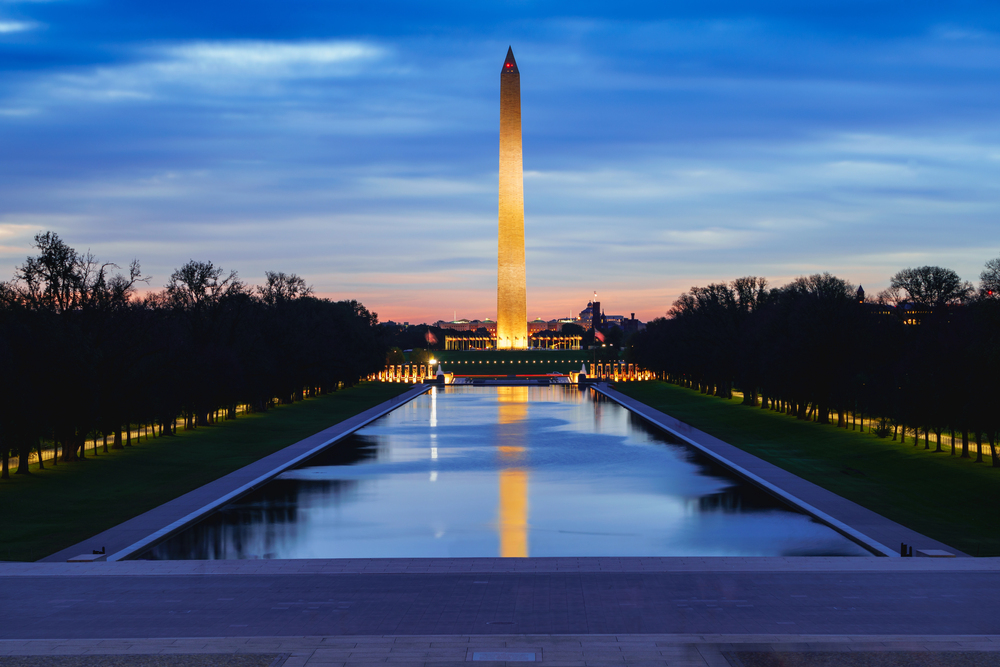President Trump Signs Bipartisan COVID-19 Relief and Government Funding Deal
By: Wyatt Stewart
Earlier this week and after some drama, President Trump signed into law bipartisan legislation that included a roughly $900 billion COVID-19 relief package and a $1.4 trillion omnibus government funding package.
The COVID-19 relief package includes a number of consequential legislative victories for Big “I” members and their clients. The package includes roughly $325 billion in small business relief, including an additional $284 billion for the Paycheck Protection Program (PPP) which is reauthorized through the end of March 2021.
This PPP funding includes money to allow the hardest-hit small businesses to receive a second forgivable PPP loan. In order to receive a second forgivable PPP loan, a business must have fewer than 300 employees and be able to demonstrate a revenue reduction of 25% in gross receipts in the first, second, or third quarter of 2020 relative to the same 2019 quarter. The maximum amount for these “second draw” PPP loans is $2 million.
In other positive news, the PPP eligibility requirements were expanded to include certain 501(c)(6) organizations with fewer than 300 employees, such as local chambers of commerce, economic development organizations and tourism offices. The Big “I” had been advocating for this expansion along with other PPP improvements. However, it is important to note that there are restrictions on which 501(c)(6) organizations can take advantage of this expansion. To be eligible, the organization cannot receive more than 15% of receipts from lobbying, the lobbying activities cannot comprise more than 15% of activities and the cost of lobbying activities of the organization did not exceed $1 million during the most recent tax year that ended prior to February 15, 2020.
The regulations implementing this provision will be particularly important to trade associations, including Big “I” state associations. Soon after the COVID relief legislation was signed into law, the Big “I” sent a letter to the Small Business Administration and the Treasury Department urging them to implement the law in a way that would allow as many deserving 501(c)(6) nonprofits as possible to gain access to the PPP.
The legislation also makes clear that business expenses paid for with the proceeds of PPP loans, even when forgiven, are tax deductible, consistent with congressional intent in the original CARES Act, which was enacted on March 27, 2020. The Big “I” engaged on this topic heavily. This overturns IRS Notice 2020-32 and Revenue Ruling 2020-27 and is effective as of the date of enactment of the CARES Act and applicable to PPP loans after that date.
In another positive development, the PPP loan forgiveness process is simplified for borrowers with PPP loans of $150,000 or less by only requiring a simple, one page application. The legislation also includes a provision to increase the business meals deduction to 100% (it is currently 50%) for 2021 and 2022.
In addition to the above issues that directly affect Big “I” members and their clients, the COVID relief legislation also includes a number of other important provisions including $166 billion for direct checks to the American people, $120 billion for extra unemployment assistance and $69 billion in funding for vaccines, testing and tracing. Of note, the legislation did not include liability protections or money for state and local aid as lawmakers were unable to find a compromise on those two issues.
As noted above, the COVID relief legislation was combined with the omnibus government funding legislation to create a massive legislative package also dealing with a number of extraneous matters. For example, the omnibus government funding piece of the legislation included a section eliminating surprise medical billing.
While a solution on surprise medical billing is long overdue and welcome, the provision also includes some concerning language that would require disclosure of direct and indirect compensation for brokers and consultants to employer-sponsored health plans and enrollees in plans in the individual health market.
While certainly not perfect, in total the legislative package is a victory for many Big “I” members and their clients.
Wyatt Stewart is Big “I” assistant vice president of federal government affairs.

